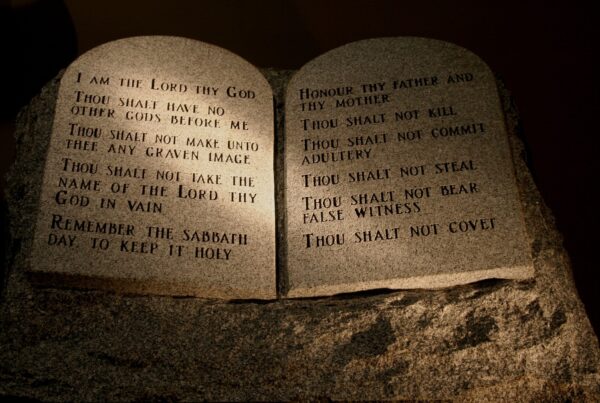Title: The Fall of the Proud: A Bible Study on Daniel chapter 5
Introduction
The story of King Belshazzar in Daniel 5 is a powerful and sobering account of pride, defiance, and the consequences of blaspheming God. This chapter is more than just a historical moment; it holds spiritual significance that still speaks loudly today. It reminds us that God will not be mocked, and those who exalt themselves against Him will eventually fall. In this study, we will walk through Daniel 5 verse by verse and look at how King Belshazzar’s actions were not only foolish but outright blasphemous. We’ll also connect this to a modern-day example involving heavyweight boxer Deontay Wilder and how prideful defiance against God leads to destruction.
Daniel 5 begins with King Belshazzar throwing a great feast for a thousand of his lords. In his arrogance, he commands that the gold and silver vessels taken from the temple of God in Jerusalem be brought so he and his guests could drink from them. This act was more than just disrespect—it was a direct challenge to the God of Israel. These vessels were sacred and set apart for holy use in the temple, and Belshazzar knew this. Yet, he purposely misused them in a setting of drunkenness and idolatry. This was a blatant act of defiance and blasphemy toward God.
Verse 4 makes it even clearer: “They drank wine, and praised the gods of gold and silver, bronze and iron, wood and stone.” Not only were they drinking from sacred temple cups, but they were simultaneously praising false gods. This tells us that Belshazzar was not just ignorant—he was intentional. He knew who the God of Israel was, and he chose to dishonor Him.
Then comes the moment of divine interruption. The fingers of a human hand appear and write on the wall, bringing fear and confusion to the party. No one could interpret the writing, so Daniel was brought in. In verses 17 and onward, Daniel reminds Belshazzar of his predecessor, King Nebuchadnezzar. Daniel tells the story of how God gave Nebuchadnezzar power, majesty, and glory, but when he became prideful, God humbled him. Nebuchadnezzar lost his mind and lived like an animal until he acknowledged God’s sovereignty. Daniel makes a key point: Belshazzar knew all of this but still chose not to humble himself.
That’s the key difference. Nebuchadnezzar eventually repented and returned to honor God. But Belshazzar not only ignored the warning—he went even further and mocked God.
This reminds us of a modern moment that mirrors this kind of pride. In a press conference leading up to one of their fights, heavyweight boxer Deontay Wilder spoke to fellow boxer Tyson Fury, who is a professing Christian. Wilder said he didn’t believe in the God of the Bible but believed in his ancestors and their power. He then said something chilling: that it would be his god versus Tyson Fury’s God. In that moment, Wilder made a bold and blasphemous challenge, similar to Belshazzar’s defiance.
The result? Wilder was knocked out and hasn’t been the same since. Just as Belshazzar’s pride led to his downfall, Wilder’s prideful words led to a humbling defeat. And just like Belshazzar was killed that same night after Daniel interpreted the writing on the wall, we see a pattern: God will not be mocked. Pride goes before destruction, and a haughty spirit before a fall (Proverbs 16:18).
Conclusion
Daniel 5 stands as a warning to us today. Pride, especially when it turns into defiance against God, brings judgment. King Belshazzar knew what was right—he knew about Nebuchadnezzar’s story—but he chose to rebel. His actions with the sacred vessels weren’t innocent; they were deliberate. And when we challenge God like that, judgment will follow.
Whether in ancient Babylon or a modern boxing ring, the truth remains the same: there is only one God, and He will not share His glory with another. As Apostolic Pentecostal believers, we must stay humble, honor what is holy, and remember that every knee will bow and every tongue will confess that Jesus Christ is Lord. Let us learn from Belshazzar’s fall and remain faithful, reverent, and submitted to God’s authority.




